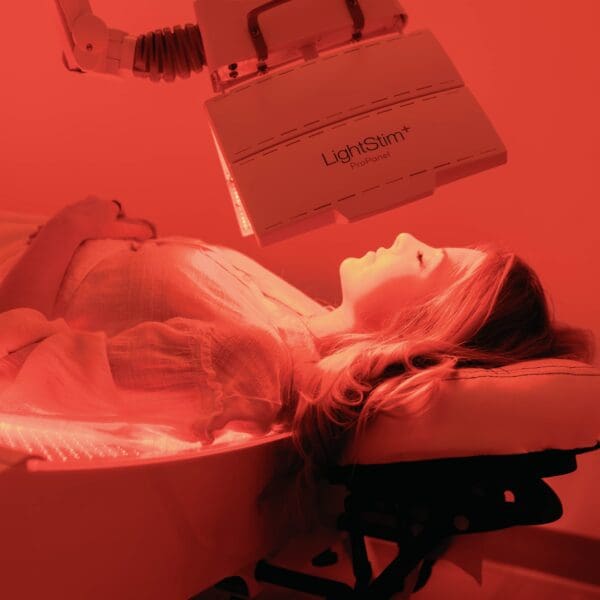Many of our clients ask about my daily routine. I always share that I start each morning with a four mile walk before sunrise. What I often forget to mention is that I do this in complete silence, aside from the occasional bird chirp. I have always felt that silence offers something deeper than music or podcasts. As it turns out, science agrees.
Researchers have discovered something remarkable. Spending time in silence may help your brain grow new cells. A study published in Brain Structure and Function explores how different sound environments, including silence, affect the brain’s ability to generate new neurons.
What the Study Found
To explore this question, researchers conducted a study using mice. They exposed different groups of mice to five sound conditions:
• Regular laboratory background noise
• White noise (similar to static)
• Recorded baby mouse calls
• Mozart’s piano music
• Complete silence
After each exposure, they measured how many new brain cells were forming in the hippocampus. This part of the brain plays a key role in learning, memory, and emotional regulation.
The Most Powerful Stimulus Was No Sound at All
The results were fascinating. Nearly all sound conditions, except for white noise, triggered the brain to begin producing new cells within 24 hours. But only silence helped those new brain cells survive and mature in the days that followed.
You can think of it like planting a garden. Many of the sound conditions helped scatter seeds into the soil. But silence was the one condition that helped those seeds grow strong and healthy over time.
Why Silence Makes Such a Difference
Researchers believe silence is so effective because it is uncommon in nature. For mice, sudden silence may signal danger, such as the presence of a predator. This alertness triggers the brain to become more aware and responsive, setting off a chain of biological processes that support brain cell growth and survival.
Even pleasant or structured sounds, such as Mozart’s music, triggered initial growth but did not promote long term survival of those cells. The implication is that familiar or rhythmic audio can stimulate short bursts of brain activity, but complete silence supports lasting cognitive change.
What It Means for Humans
This research has exciting implications for human brain health. In humans, the hippocampus is responsible for:
• Forming and storing memories
• Learning and processing new information
• Managing stress and emotions
• Adapting to new environments and life changes
When this area of the brain is underperforming, it can lead to memory issues, anxiety, depression, and difficulty managing stress. These challenges become more common as we age or experience chronic stress or neurodegenerative conditions.
Human Studies Support the Findings
Recent research in humans aligns with these findings. Studies show that people who regularly spend time in silence experience measurable growth of new brain cells in the hippocampus. These results are similar to what researchers observe in people who meditate regularly or participate in intensive brain training programs.
Benefits of regular silence may include:
• Better emotional regulation
• Improved memory
• Increased adaptability
• Greater resilience in the face of stress
For those who live in loud cities or experience chronic overwhelm, these benefits can be especially valuable.
A Simple Way to Support Brain Health
One of the most exciting aspects of this research is how accessible the solution is. Unlike expensive interventions or complicated routines, silence is free. Anyone can benefit from it, regardless of age or background.
This does not mean you need to sit in complete silence for hours. Even brief moments of quiet can have a meaningful impact. Whether you take a silent walk, spend time in nature, meditate, or simply turn off background noise for a few minutes, intentional silence can help your brain regenerate and reset.
The Big Picture
This study adds to the growing evidence that our surroundings shape how our brains function and evolve. The sounds we choose to engage with every day can either stimulate or stifle our ability to adapt and thrive.
In a world filled with noise, seeking out silence is more than a form of peace. It may be one of the most powerful things we can do for our long term brain health.
For those who want to explore the full study, you can find it here:
Read the article.
Dr. P















